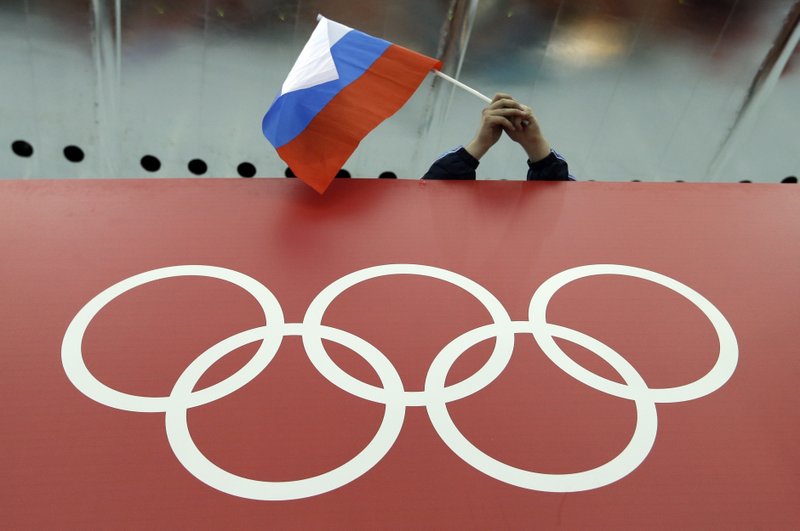DOHA, Qatar -- Russia's doping troubles are nowhere near over.
After a day of developments from Moscow to Tokyo to the Middle East, the country has new fears that its status at next year's Olympics could be in jeopardy -- and no doubt about where it stands in track and field.
"It just reinforces everything," Rune Andersen, the head of track's task force on Russian doping, said Monday in Qatar after recommending that the country's federation remain barred during this week's world championships.
Earlier Monday, the World Anti-Doping Agency announced during its meeting in Tokyo that it was giving Russia three weeks to explain what looked like manipulation of critical data from its Moscow lab, which was not matching up with data WADA received from a whistleblower who helped break open the Russian doping scandal in 2016.
The lab data was key to prosecuting cases stemming from Russia's plot to give its athletes performance enhancers in preparation for the 2014 Sochi Olympics and other big events, while preventing them from getting caught.
Andersen's report for track's governing body, the IAAF, offered a detailed accounting of the data case that WADA had made public earlier. It said the discrepancies "are not random. In many cases, they relate to positive findings that appear" in the database provided by the whistle-blower.
In Moscow, Russian officials took a dreary view of the developments, which could lead to the country's anti-doping agency being suspended again, some 12 months after reinstatement upon delivering the lab data to WADA.
"The situation is very serious," Russian Olympic Committee President Stanislav Pozdnyakov said.
He added that if Russia can't either rebut the claim or identify potential suspects in the data manipulation, "then the Russian Olympic team's prospects of taking part in the Games in Tokyo next year could be under threat."
With the Russian Olympic Committee suspended last year, Russians competed as "Olympic Athletes from Russia" at the Pyeongchang Games -- not allowed to wear their country's colors or bring their country's flag.
The IOC reinstated the Russian Olympic Committee after those Winter Games, and all appeared to be getting back to normal for Tokyo.
Until this.
When asked about the data investigation, the IOC said it "fully respects this process" and WADA's jurisdiction.
The possibility of data manipulation has potential to threaten dozens of cases that individual sports federations have been pursuing against Russian athletes. The data already has been used to support suspensions against 12 Russian weightlifters, including 10 former world or European championship medalists, and cases in the winter sport of biathlon.
Though once considered among the most corrupt of sports organizations, the IAAF has taken as tough a stance as any when it comes to Russian doping. The country's track federation has been suspended since 2015. When worlds open Friday, it will mark the second consecutive time Russia will bring a truncated team to the championships, and the athletes who do come -- 30 of them, at this point -- will have to compete without their country's flag or uniform.
Any slim chance of that changing was obliterated by the latest news.
Andersen's report also included details about banned coaches still allegedly involved in the sport, and the case of high jumper Danil Lysenko, who was supposed to represent Russia's new, drug-free generation but is under investigation for having documents forged to avoid being suspended for a whereabouts violation.
Sports on 09/24/2019
